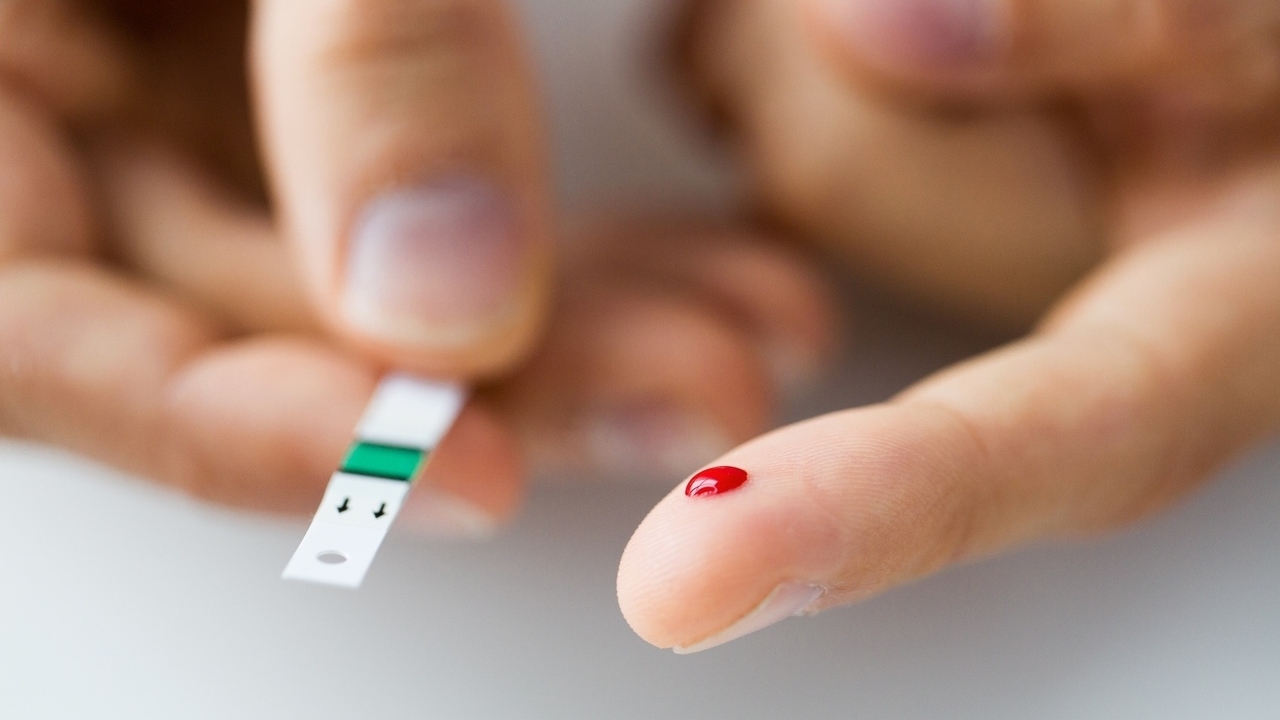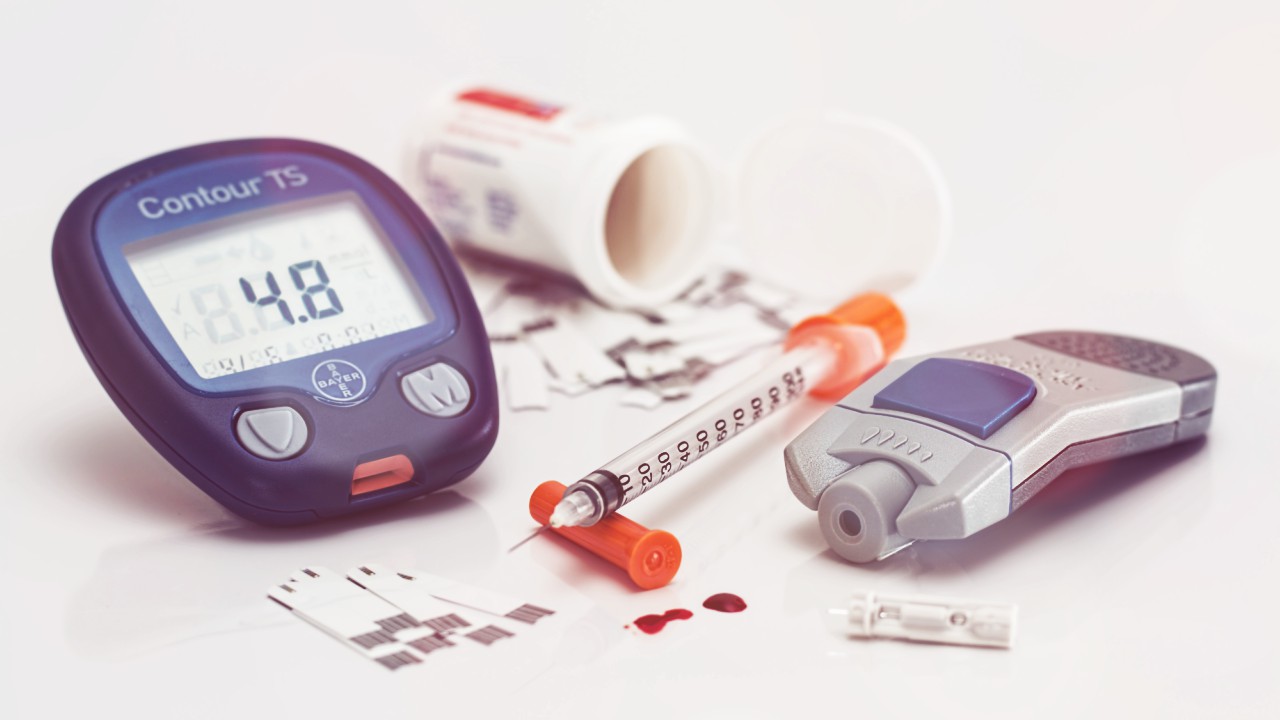The Centers for Disease Control and Prevention (CDC) estimates that more than 26 million Americans have diabetes. In regards to type 2 diabetes, the CDC estimates one out of every three Americans is risk. According to USA Today, the CDC stated three out of 10 seniors has diabetes.
Recently a CDC study revealed the high cost of diabetes per year. The annual cost for a child with diabetes is more $9,000 and more than $11,000 for an adult.
The National Institute of Health recommends that people over the age of 45 have diabetic tests every three years. However, your medical professional may recommend more frequent testing if you are in a high risk group. Those who may be in a high risk group for diabetes are those with the following history:
• Of Hispanic or African-American descent
• Overweight
• Diabetes during pregnancy
• Lack of physical activity
Also, medical experts recommend you make an appointment if you have any symptoms of diabetes. Here are some common symptoms of type 1 and type 2 diabetes:
Symptoms of type 1 diabetes (also known as juvenile diabetes)
• Unusual weight loss
• Frequent urination
• Unusual thirst
Symptoms of type 2 diabetes
• Numbness or tingling in feet or hands
• Blurred vision
• Frequent infections
Your doctor may administer one or more of these three diabetes tests to diagnose diabetes:
• Random plasma glucose test (RPG)
• Fasting plasma glucose test (FPG)
• Oral glucose tolerance test (OGTT)
No fasting is required for the RPG. The RPG is also known as a casual plasma glucose test. This test measures the glucose in your blood. If the test is great or equal to 200 milligrams per deciliter (mg/dl) you may have diabetes. However, your doctor may conduct the fasting plasma glucose test or oral glucose tolerance test to confirm your diagnosis.
You will have to fast for eight hours before you take the FPG. This blood test will test your blood glucose levels. If your levels are higher than 126 mg/dl, your doctor will retest you. If the next test has the same results, you may have diabetes.
The OGTT requires you to fast for eight hours. First, your medical professional will draw your blood. After your first blood test, you will be asked to drink a glucose enriched beverage. After two hours, another blood test is administered. If your blood glucose level is over 200 mg/dl, you may be diagnosed with diabetes. However, your medical professional may retest you to confirm your diagnosis.
If you are uninsured or underinsured, click on the Health & Human Services link below to locate a federally funded health clinic near you. At these clinics, their fees are based on a sliding scale. http://findahealthcenter.hrsa.gov/Search_HCC.aspx. Do not let your temporary financial situation keep you from obtaining quality health care. There are government resources available no matter your income bracket.
Sources:
http://www.labtestsonline.org/understanding/analytes/glucose/glance.html
http://www.nlm.nih.gov/medlineplus/diabetes.html
http://www.fda.gov/medicaldevices/productsandmedicalprocedures/invitrodiagnostics/glucosetestingdevices/default.htm
http://www.labtestsonline.org/understanding/analytes/glucose/test.html
http://diabetes.niddk.nih.gov/dm/pubs/diagnosis/
http://www.nlm.nih.gov/medlineplus/ency/article/002072.htm
http://yourlife.usatoday.com/health/story/2011/05/Native-Americans-vs-diabetes/46992058/1
http://www.endocrinetoday.com/view.aspx?rid=83466




Add a CommentComments
There are no comments yet. Be the first one and get the conversation started!